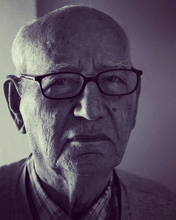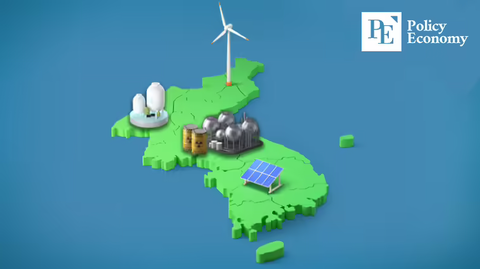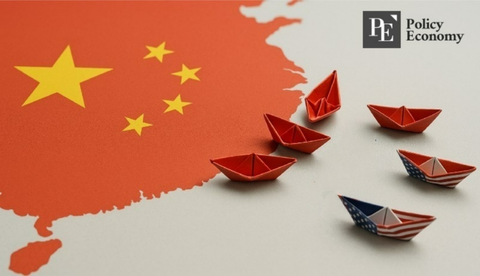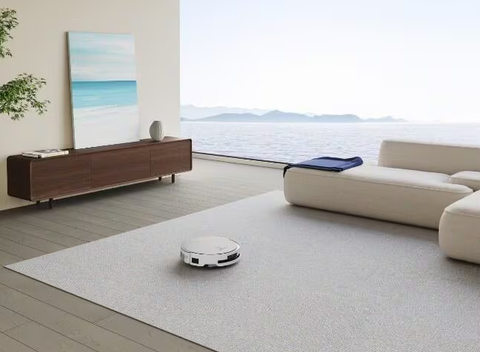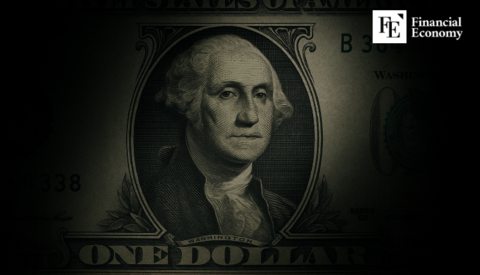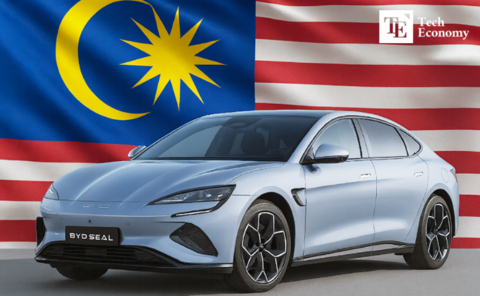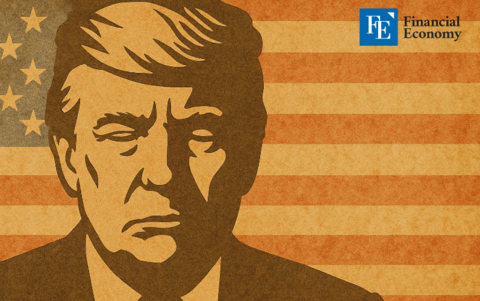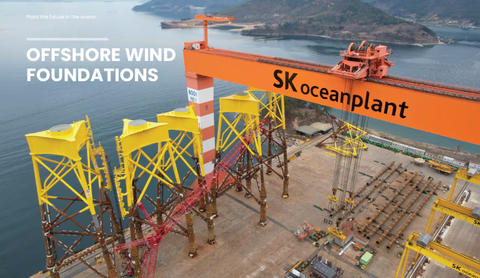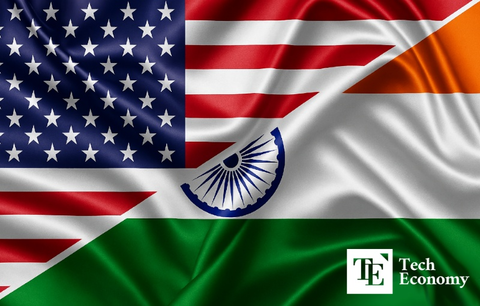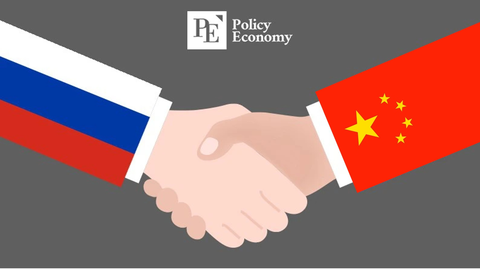Duterte’s Arrest: International Justice or Violation of Philippine Sovereignty?
Input
Changed
The War on Drugs: From Promise to Controversy The ICC’s Pursuit: Duterte’s Arrest and the Divided Public Response Duterte’s Legacy: Justice or Political Persecution?
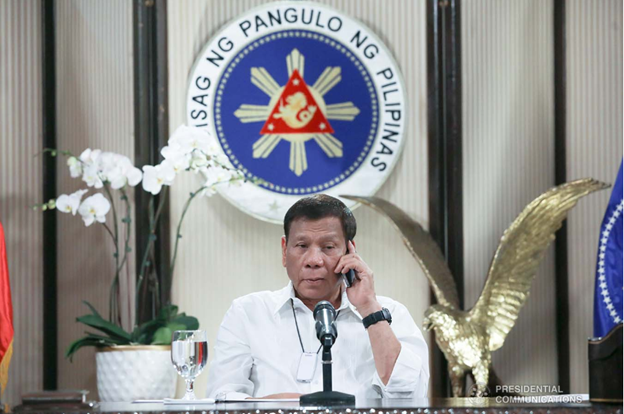
The War on Drugs: From Promise to Controversy
An iron-fisted war on narcotics was a defining feature of Rodrigo Duterte's presidency, which garnered both national support and international condemnation. His commitment to eradicate illicit substances within six months was transformed into a protracted campaign that resulted in the deaths of thousands and ultimately resulted in his prosecution by the International Criminal Court (ICC). His detention in 2025 has reignited discussions regarding accountability, sovereignty, and justice in the Philippines.
Rodrigo Duterte promptly initiated his war on narcotics upon taking the oath of office as the 16th President of the Philippines on June 30, 2016. During his initial days in office, he implemented "Oplan Tokhang," a strategy that was intended to induce suspected drug users and traffickers to surrender to the police. Law enforcement's initial home inspections rapidly evolved into widespread murders. The number of fatalities had reached thousands by the conclusion of 2016, with a significant number of them occurring under circumstances that suggested extrajudicial executions. Duterte bolstered his campaign by publicly identifying more than 150 officials, including judges, police officers, and local politicians, whom he accused of being implicated in the drug trade.
Reports of human rights violations persisted throughout 2017. International human rights organizations, such as Amnesty International and Human Rights Watch, condemned the administration for its disregard for due process, despite the government's assertion that police operations were legitimate. The same year, Edgar Matobato, a self-proclaimed hitman and former member of the Davao Death Squad, testified against Duterte, claiming that he had ordered murders during his presidency and as mayor of Davao City. Lawyer Jude Sabio submitted a communication to the ICC, urging an investigation into Duterte for crimes against humanity, in response to the accumulating evidence of state-sanctioned executions and this damning testimony.
The International Criminal Court (ICC) initiated a preliminary investigation into Duterte's drug campaign in February 2018. Duterte promptly declared in March that the Philippines would secede from the ICC, a decision that was implemented in 2019. Nevertheless, the International Criminal Court (ICC) claimed that it retained jurisdiction over crimes committed while the country was a member, particularly from November 1, 2011, to March 16, 2019. Critics contend that the government had neglected to conduct genuine investigations into the thousands of murders associated with police operations, despite the increasing scrutiny that Duterte's administration faced. He continued with his aggressive campaign.
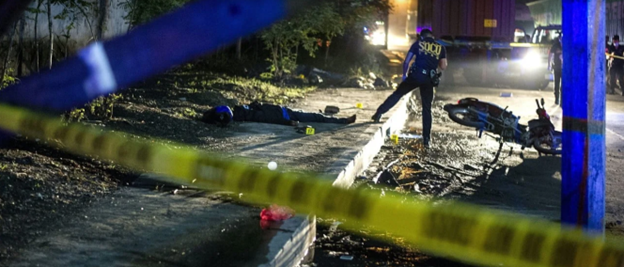
The ICC’s Pursuit: Duterte’s Arrest and the Divided Public Response
The tenure of Duterte concluded on June 30, 2022, and Ferdinand "Bongbong" Marcos Jr. succeeded him. Despite Marcos Jr.'s decision to support Duterte during the elections, his administration was soon compelled by international pressure to address the ICC's investigation. The ICC had determined that the Philippine government's efforts to investigate the drug war fatalities were insufficient by January 2023, thereby enabling the case to proceed. The ICC rejected Marcos' appeal to suspend the investigation in mid-2023, thereby confirming its jurisdiction over the case.
Duterte's previously unyielding political influence began to diminish as the International Criminal Court's investigation gained momentum. His supporters maintained that the International Criminal Court (ICC) lacked jurisdiction to pursue him due to the Philippines' formal withdrawal from the organization. In spite of this, Duterte was apprehended upon his arrival at Ninoy Aquino International Airport in March 2025, immediately following his visit to Hong Kong. Following his arrest, he was transported to The Hague, where he faced initial proceedings before the ICC. During his appearance via video link, he confirmed his identity and listened to the charges against him but did not make any formal statements regarding his culpability. Prior to his arrest, however, Duterte had released a video message taking full responsibility for his administration’s anti-drug campaign, stating that his policies were implemented to protect the Filipino people and maintain national security.
The detention sparked a fervent debate throughout the Philippines. The ICC was accused by Duterte's supporters of violating Philippine sovereignty, and they argued that the former president should be tried in a domestic court if necessary. Salvador Panelo, Duterte's former legal counsel, condemned the detention as unlawful, while Duterte and his ally, Senator Ronald "Bato" Dela Rosa, submitted a petition to the Supreme Court to prevent Philippine authorities from collaborating with the ICC.
The public's response was profoundly divided. Many of Duterte's supporters demonstrated in the streets, holding rallies in his defense, chanting slogans in support of his leadership, and denouncing what they considered to be foreign intervention. Protests ensued outside government buildings and the International Criminal Court's liaison offices in Manila, as supporters contended that Duterte had restored stability and order to the nation. Opposition groups and families of drug war victims celebrated his arrest, characterizing it as the long-awaited step toward justice. Organizations such as Amnesty International and human rights activists hailed it as a victory for accountability, highlighting that thousands of victims and their families had been denied justice for years. Former Senator Leila de Lima, who was imprisoned under Duterte's presidency on what she described as politically motivated charges, was among those who spoke out. She found the moment to be "deeply personal" and a symbol of justice for the many lives lost. The ICC's action was also commended by Senator Risa Hontiveros, who urged the Marcos administration to be completely cooperative in ensuring that Duterte is held accountable. Global human rights organizations hailed the arrest as a landmark moment in the struggle against impunity, and international reactions echoed similar sentiments.
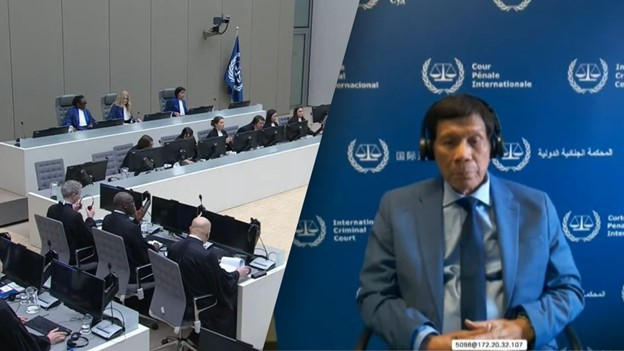
Duterte’s Legacy: Justice or Political Persecution?
The detention of Duterte has reignited discussions regarding the Philippines' obligation to continue to be accountable to international legal entities such as the ICC. His supporters depict his detention as a politically motivated action that is intended to erase his legacy, whereas human rights organizations regard it as a significant moment in the fight against impunity. The Philippine government is currently at a juncture, compelled to determine whether to completely cooperate with the ICC or to resist international pressure.
After Duterte’s first appearance before the ICC, where he became the first former Asian head of state to be arrested by the international tribunal, the Chamber scheduled the confirmation of charges hearing for September 23, 2025. Will his apprehension serve as the commencement of genuine accountability, or will political maneuvering shield him from trial? One thing is certain: Rodrigo Duterte's war on drugs will be scrutinized in the halls of international justice, where history will determine whether his presidency was one of law and order or of unchecked brutality, with his legacy dangling in the balance.
